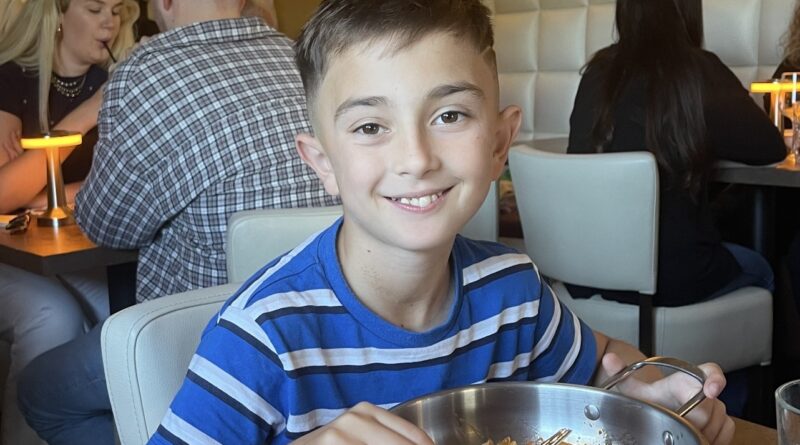My son is a ‘bag of a grown man’ – can’t eat enough after terrifying diagnosis
A SCHOOLBOY who “eats like a king” on double and large breakfasts is still at risk of malnutrition due to a rare condition.
Oliver Goss had most of his small intestine removed at birth in a bid to save his life.
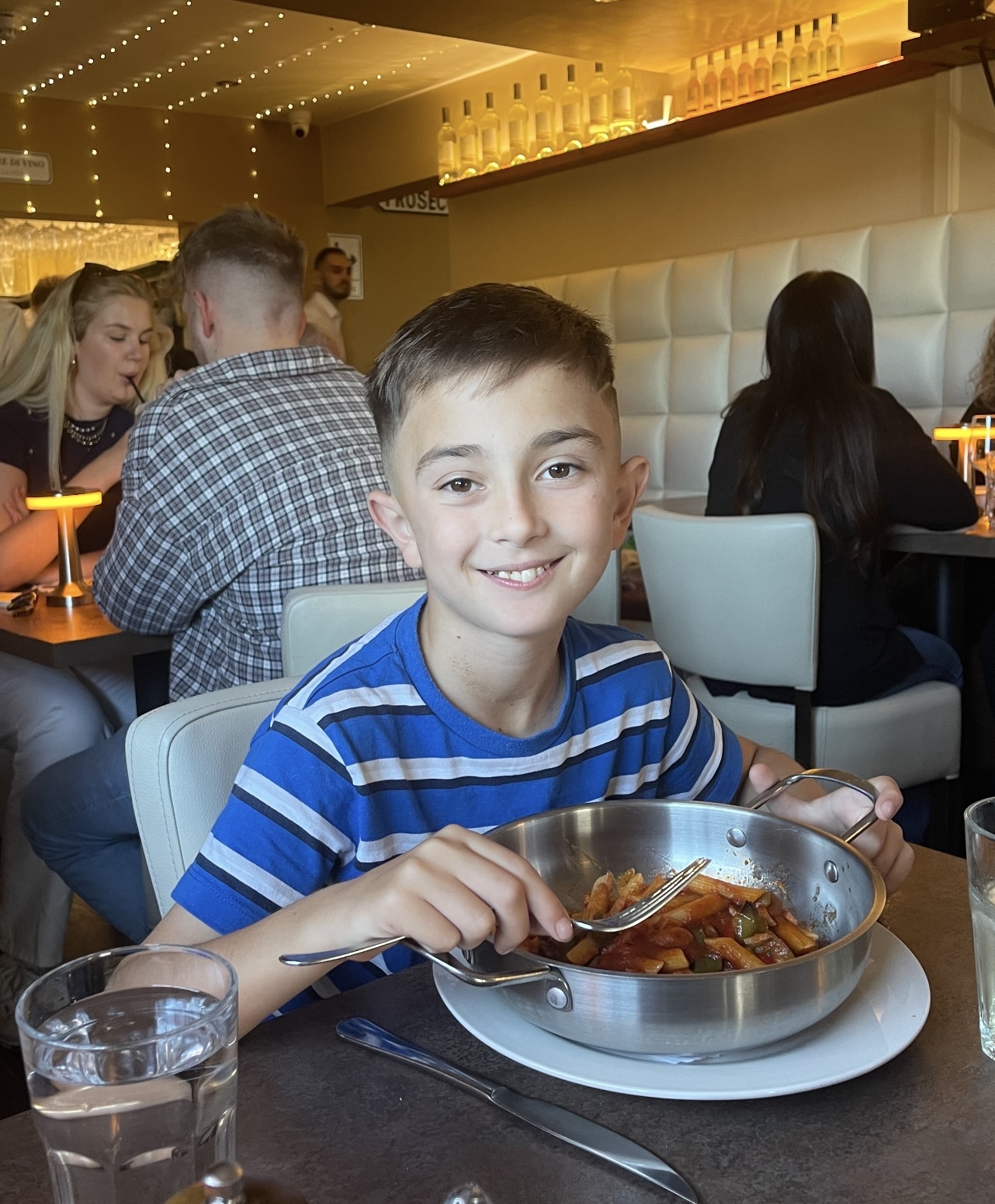
8
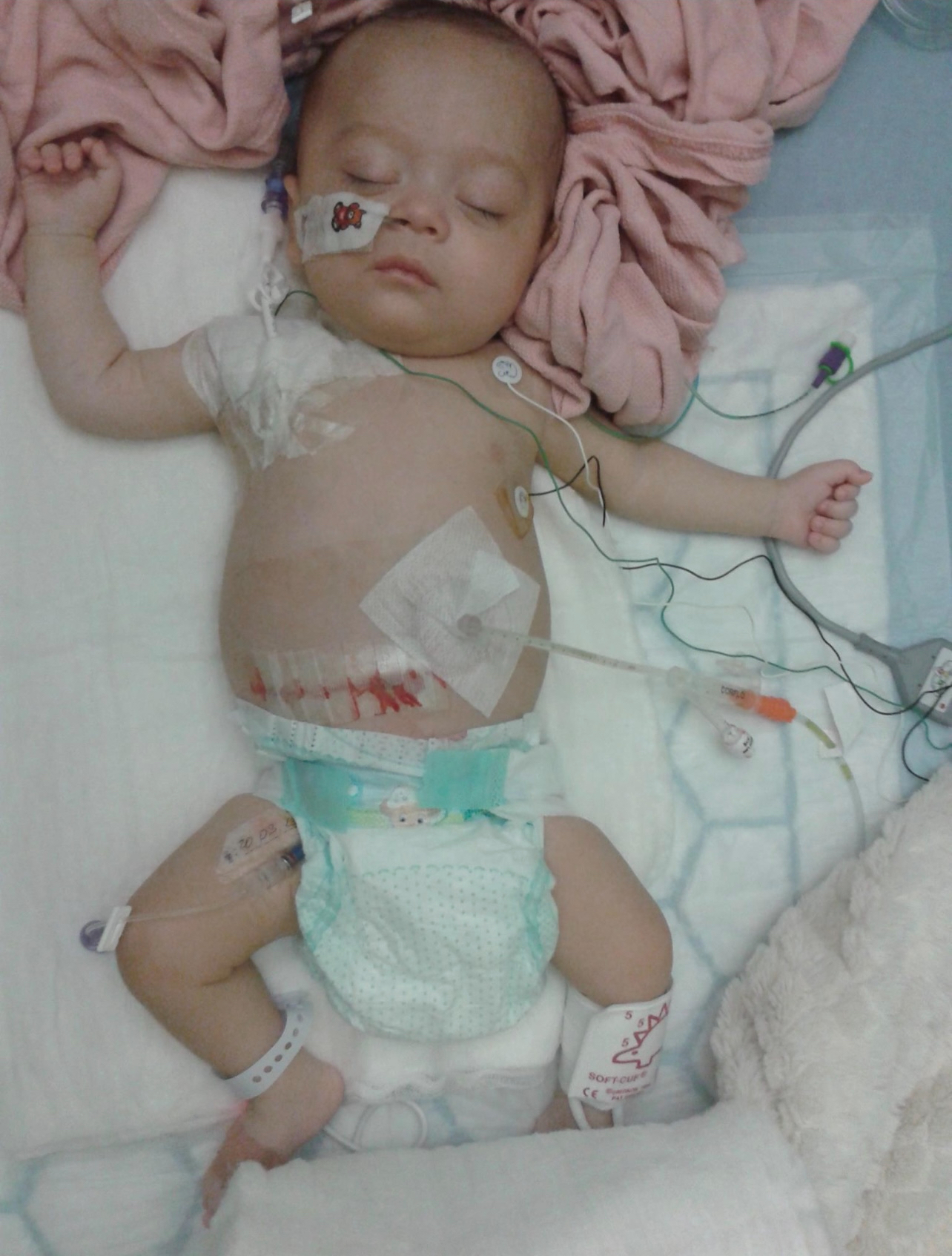
8
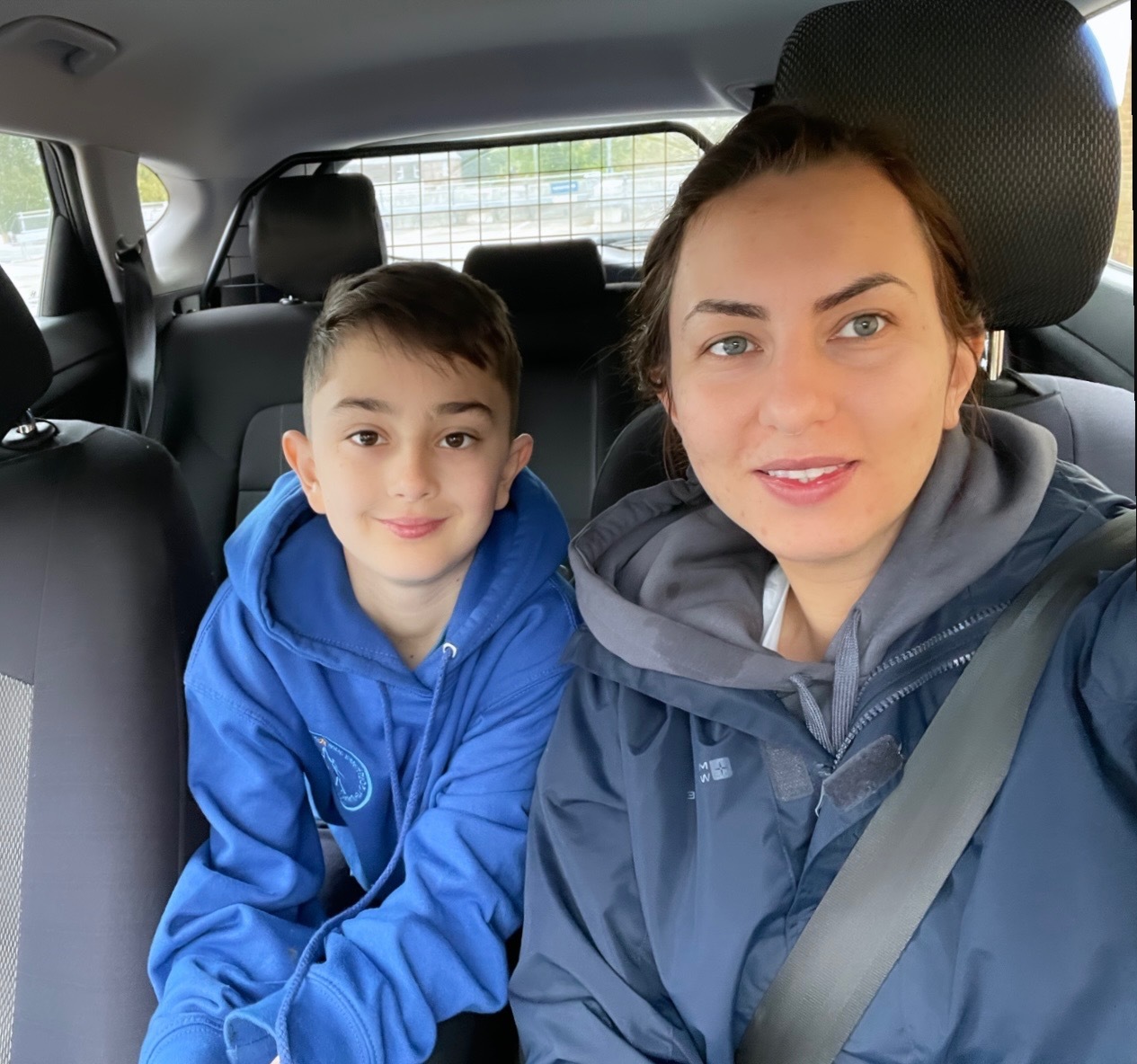
8
Very few people can live without this vital part of their digestive system, and the 11-year-old is now struggling to absorb the nutrients his body needs from his food.
His mother, Nicole, 31, has dedicated her life to feeding Oliver the most nutritious and healthy food possible.
On a typical day, Oliver eats two breakfasts – a big bowl of strawberries, bananas, kiwis, and chia seeds, followed by scrambled eggs or porridge with honey.
She takes high-calorie soft drinks to school, along with bags of whole grains, nuts and seeds, bowls of fruit, carrot sticks and hummus, and dairy- and soy-free biscuits.
Read more about gastroschisis
In the evening, Nicole prepares an after-school snack for Oliver, followed by several portions of healthy food such as spinach and egg wraps, chicken or fish with potatoes and vegetables, or lentil curry.
At times, single mum Nicole, from Burgess Hill, said her son “feels like someone’s bag”.
“Even the doctors don’t know what to do with Oliver,” he explained.
“When he was born, they did not expect him to live, so now he is 11 years old, we are in an unknown territory.
“She is small for her age and is still a size eight to nine clothes.
“He is about to enter puberty, which means his body needs to gain strength to grow.
“It’s crazy when you see his diet. He eats like a king, yet he’s still at risk of malnutrition.”
A scan showed that her unborn son’s intestines were growing outside his body through a hole in the abdominal wall—a condition called gastroschisis—and Nicole went she was told that she would have to have surgery right after she was born.
He said: “I cried when I heard. But they assured me that it will be fine, and they will put his bowels back together when he is born.
About 1 in 3,000 babies are born with intestinal disease, and surgeons are often able to put the intestines back into the stomach.
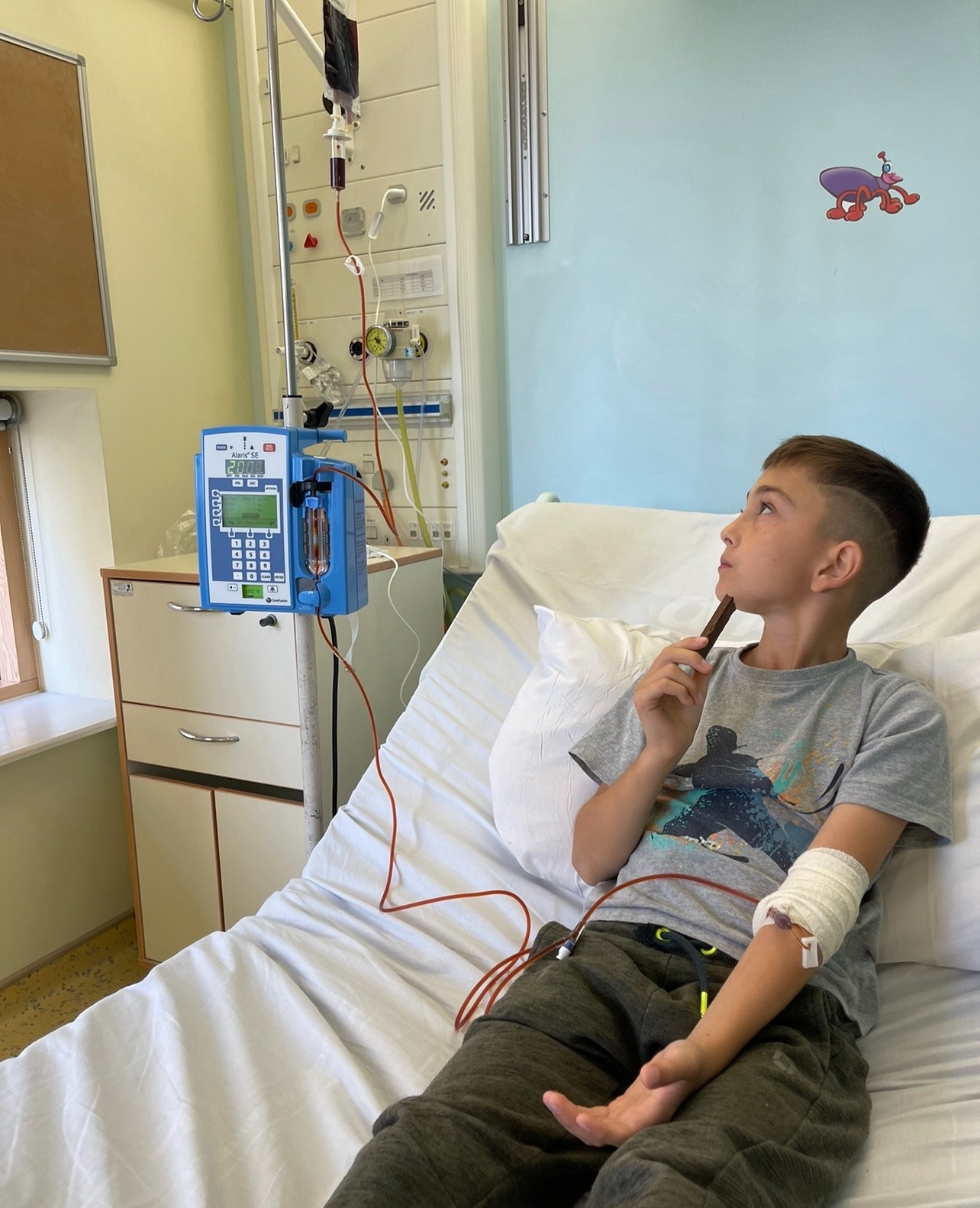
8
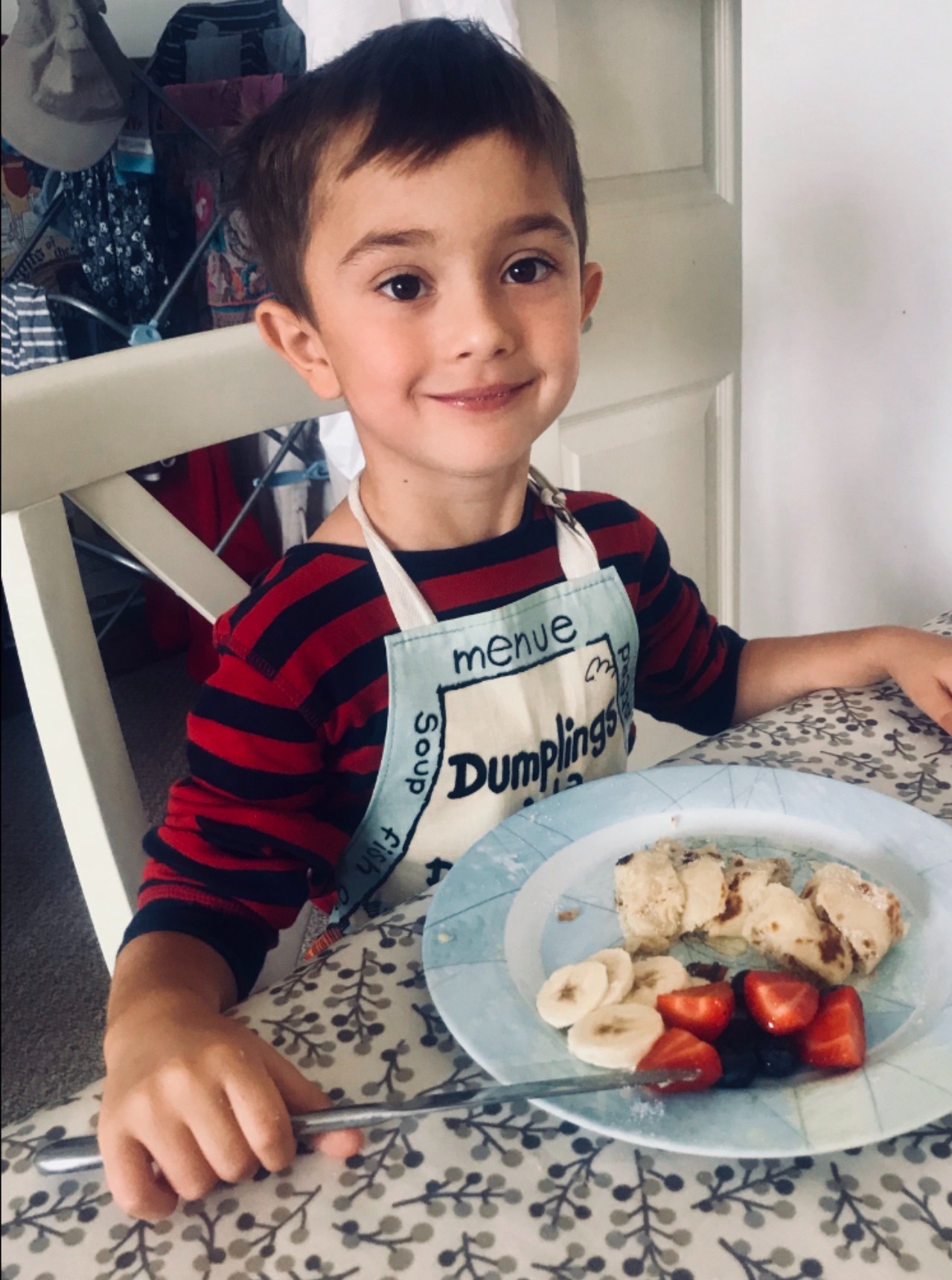
8
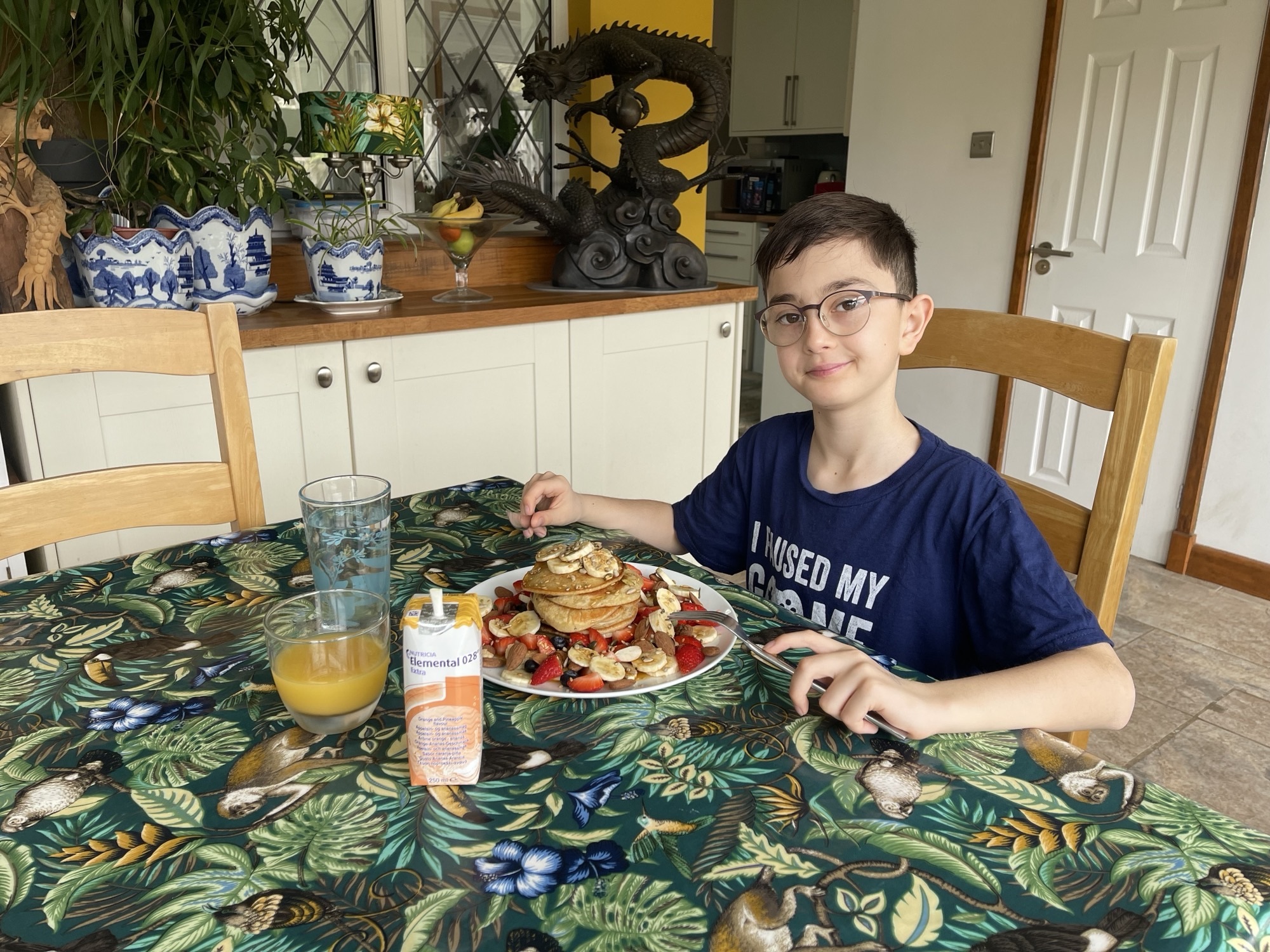
8
‘IT SEEMS’
But in Oliver’s case, the hole in his stomach wall had started to close, trapping and cutting off the blood supply to his small intestine.
When Nicole went into labor prematurely at 33 weeks on November 2, 2012, doctors discovered that part of her intestines had died.
“They had to take out his small intestine,” says Nicole. “After the operation, they took me to a separate room and told me that his chances of survival were very slim.
“People can live without part of their large intestine, but the small intestine absorbs nutrients from food, so it’s important.
I have been trying to find food that stays in his body for the longest time
Nicole Goss
“The doctors told me that without it, Oliver was in trouble.”
Oliver spent most of the first year of his life in hospital as doctors struggled to stabilize him.
“I don’t have any cute pictures of baby Oliver,” said Nicole. In each picture, he is covered in tubes and wires.
When Oliver was finally brought home from Brighton Hospital, Nicole said it was “depressing.”
At first he had a feeding tube, but through years of trial and error, he was able to find what foods he could tolerate best.
“Because he has a small part of his small intestine left, everything Oliver eats goes through his digestive system very quickly,” she explained.
I have been on a quest to find foods that stay in his body the longest.
AT LEAST WAKE UP
Despite his rocky origins, Oliver has surprised his doctors by growing into a happy, sociable boy who excels at school and loves to play with his friends.
Nicole said: “One day I opened the door, and he was in the doorway with his head and toes covered in mud. “He’s a normal boy – and of course, he loves technology.”
But Oliver is always hungry, so Nicole spends a large part of her budget on food and sometimes has to go out so her son can have bigger portions.
They avoid processed foods and aim to eat more nutritious foods.
Once Oliver is asleep, Nicole is researching new treatments and nutritional supplements.
He admitted: “I am worried about what will happen when he enters puberty.
He may end up using a feeding tube again if we don’t get his nutrition right.
I feel like I’m always in fight or flight mode, worrying about Oliver’s health.
She is often in and out of the hospital with stomach ulcers, headaches, and indigestion, and has been seeing nutritionists throughout her life.
“There needs to be more awareness of situations like Oliver’s.”
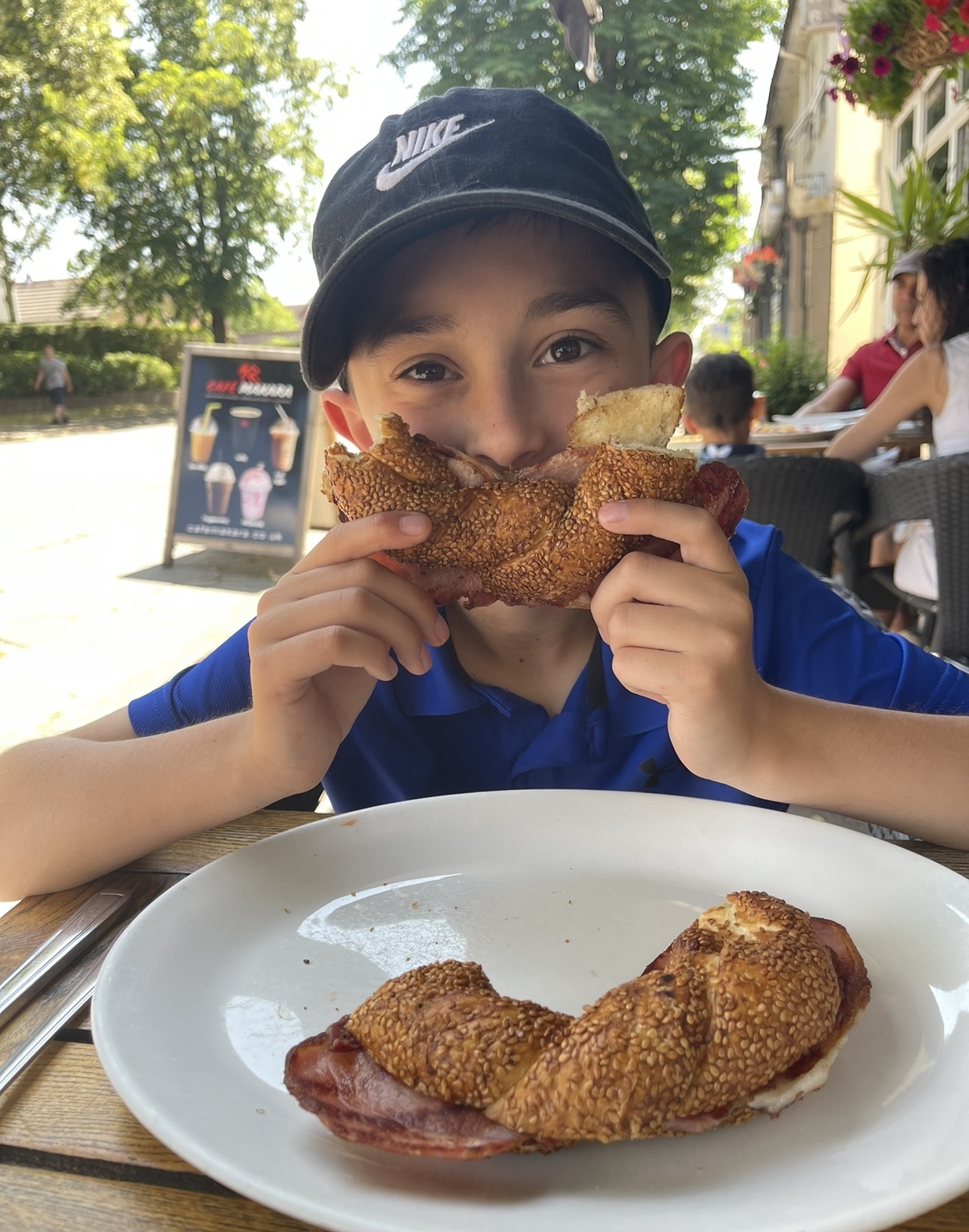
8
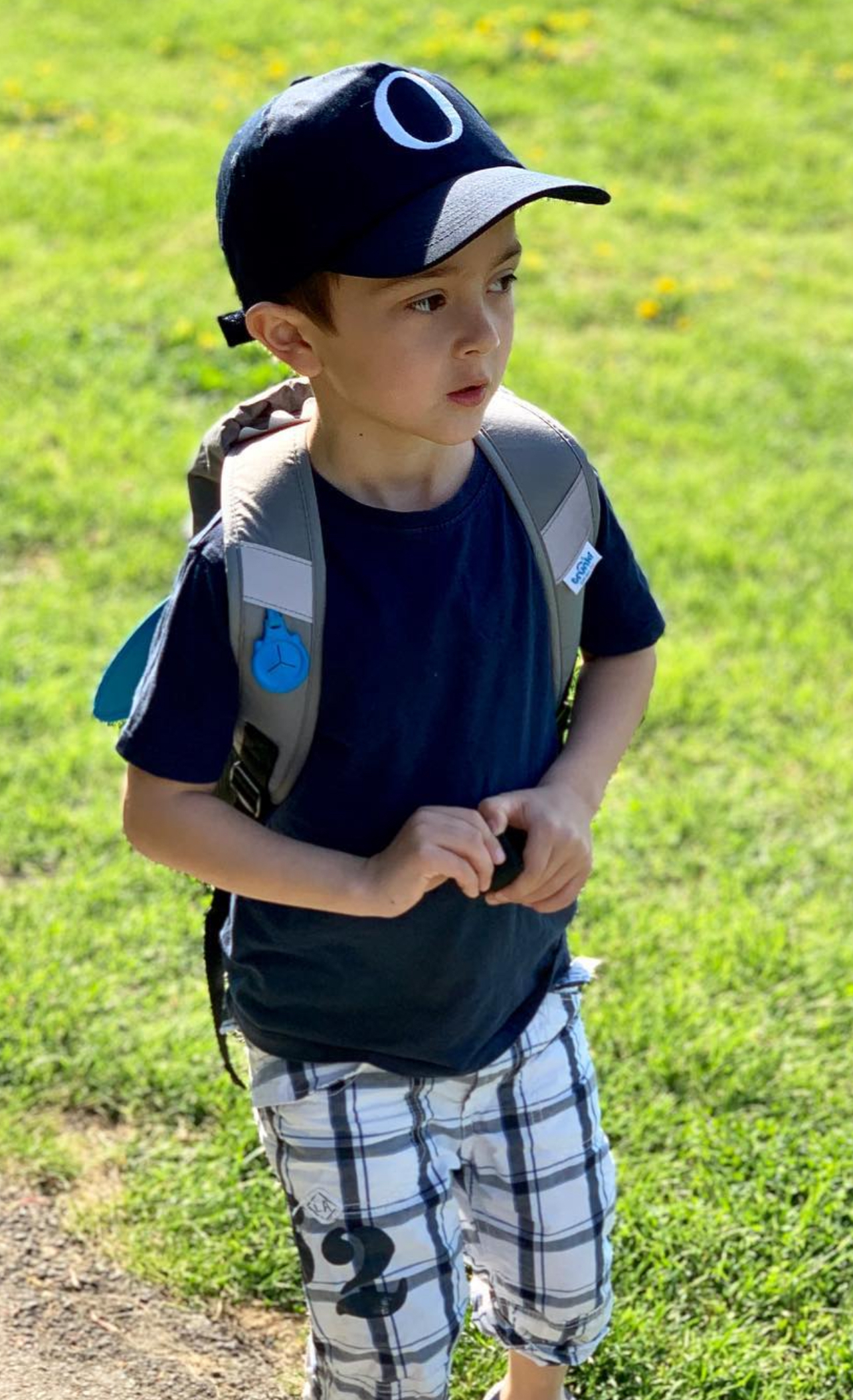
8
What is gastroschisis, and what are the risks?
Gastroschisis is a condition in which a baby develops a defect (hole) in the abdominal wall during development, while still in the womb.
This is usually on the right side of the umbilical cord and some of the intestines come out through this hole and continue to grow outside your baby’s belly.
This happens to 1 in 7,000 children.
There are more chances of your baby being born prematurely and with a low birth weight.
There are two important points after birth:
- Returning the intestines to the stomach and correcting the defect. This can be done in a basic or structured way (these terms will be explained later.)
- Establishing your baby on dairy foods. This can often take a long time (several weeks to months) as the intestines that were outside the womb may not be working properly. Your baby will be fed through drops.
Source: NHS
#son #bag #grown #man #eat #terrifying #diagnosis
